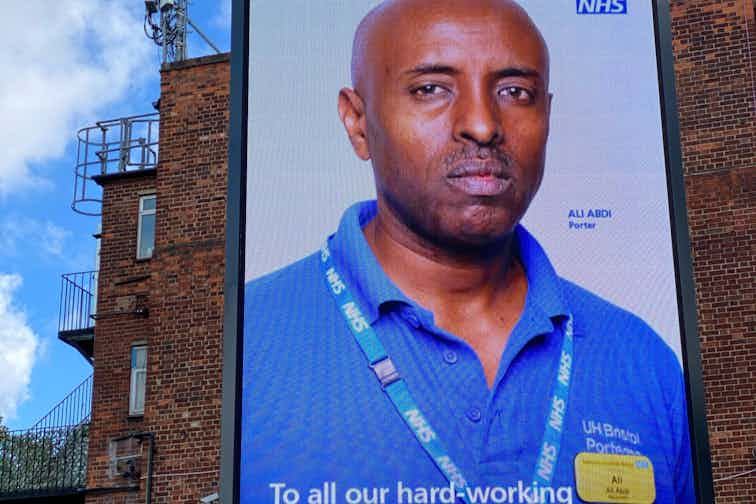Figures have revealed that NHS waiting lists have hit a record high, currently standing at 4.6 million. This comes amid the UK’s second wave of the Covid-19 pandemic, where NHS services have been under immense strain due to the rate of infections, hospitalisations, and deaths around the country.
Despite reaching record-high levels, the waiting list numbers are still less than half the figure predicted earlier this year. Just weeks ago, officials predicted that by April, waiting lists could soar to ten million due to delays in treatment and the huge backlog of referrals that had built up during the pandemic. The surge in Covid cases has undoubtedly had an impact, but the figure is nowhere near the level that some had expected.
A ‘dire situation’ that could prove challenging to tackle
While the figure is considerably lower than predicted, medics have still described the current waiting list as ‘a dire situation’. They said that it will be very difficult to turn things around and bring waiting lists down. This comes after a year where less than half of expected operations were carried out.
Data shows that before the virus hit the UK, around 1,600 people on NHS waiting lists had been waiting more than 12 months for treatment. However, this figure has now rocketed to over 300,000.
Tim Mitchell from the Royal College of Surgeons of England expressed his concerns about the latest data. He said, "Behind today's statistics are people waiting in limbo. Many will be in considerable pain; others will have restricted mobility and be at risk of isolation and loneliness. Dealing with this daunting backlog will take time, and also sustained investment in the NHS."
Scotland has not escaped the vast problems relating to backlogs in referrals and treatment. Figures showed that around 39,000 have been waiting for more than one year for their treatments and surgeries in Scotland.
How much difference will referral delays make?
Although the most recent report does make for bleak reading, there are fears that the situation could be even worse than it appears. Officials from the NHS Confederation said enormous numbers of referral delays had not been taken into consideration.
It is thought that over the past year, there have been around six million fewer referrals by GPs for a range of routine surgeries such as hip and knee replacements. Had these referrals been made, the waiting list figures would be considerably higher. Once these referrals start to come through, it could have another substantial impact on waiting list figures.
In addition to this, fewer people are thought to have sought medical care from the NHS during the pandemic. This means that fewer medical issues were diagnosed, and the number of new people being added to waiting lists dropped as a result.
Image Credit: John Cameron at Unsplash






